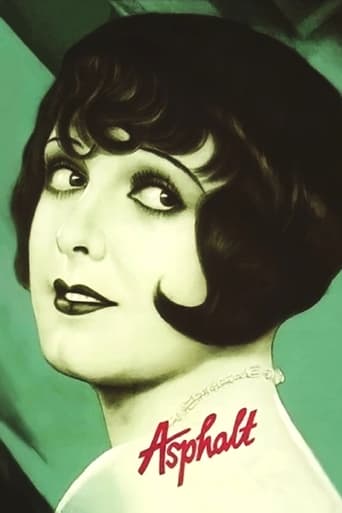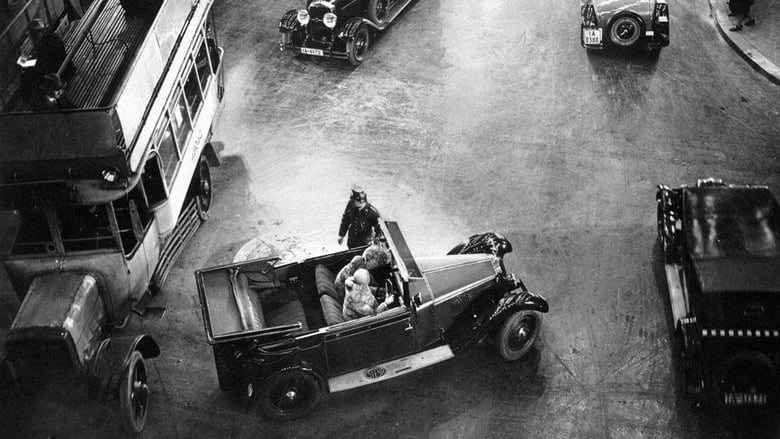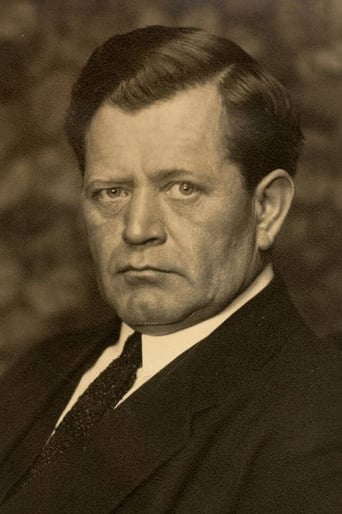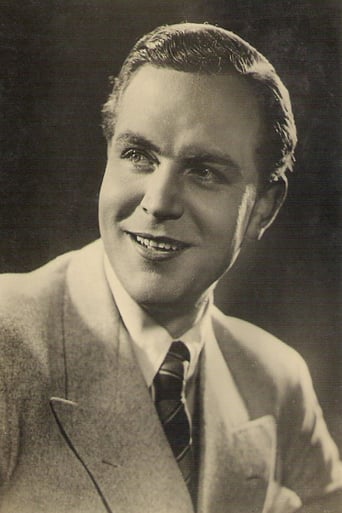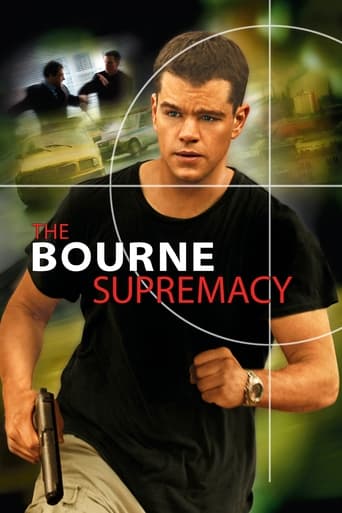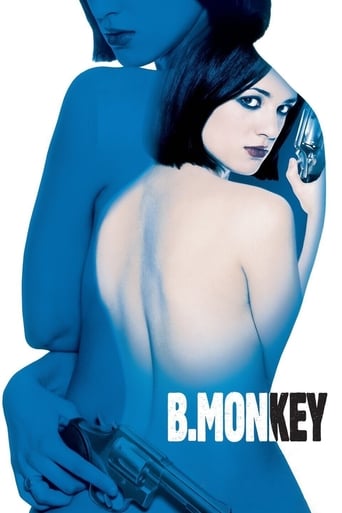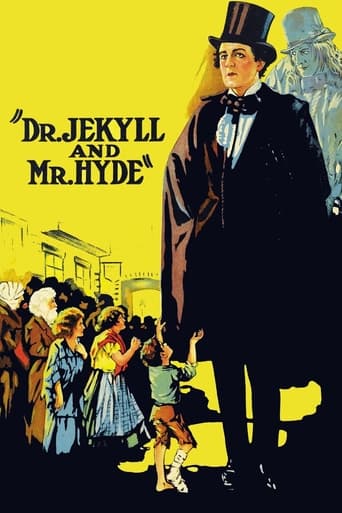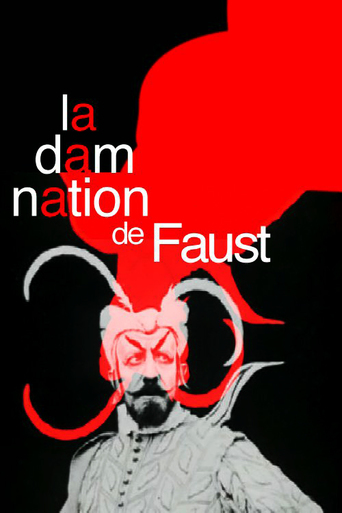Asphalt (1929)
One of the last great German Expressionist films of the silent era, Joe May’s Asphalt is a love story set in the traffic-strewn Berlin of the late 1920s. Starring the delectable Betty Amann in her most famous leading role, Asphalt is a luxuriously produced UFA classic where tragic liaisons and fatal encounters are shaped alongside the constant roar of traffic.
Watch Trailer
Free Trial Channels
Cast


Similar titles
Reviews
Masterful Movie
I gave it a 7.5 out of 10
It’s an especially fun movie from a director and cast who are clearly having a good time allowing themselves to let loose.
The film may be flawed, but its message is not.
"Asphalt" is a German 90-minute silent movie in black-and-white. This was made in 1929 and at that time, it was already the final years for silent films as sound movies took over a little later. And this film here was unfortunately also no great farewell to the old days. This film brings really nothing new to the table. It is the old femme-fatale story that was so popular during the days of silent film and her male equivalent is a police officer this time, which obviously result in quite a few issues in terms of breaking the law or not. Lead actress Betty Amann sure looks the part and it may have been her performance here that let her work with Hitchcock not much later. Yet, that part was nowhere near as big as her role here, so this stays her career-defining performance. She looks a lot like Louise Brooks by the way and I wonder why femme-fatales were basically always dark-haired in film during that era.The writer and director here is Joe May, very simple name, but he is not really known today anymore and this one here may also be his most famous work. Sadly, I do think that it was his script that was the reason why I did not find this a particularly great watch. The actors were okay. The film also could have needed more intertitles, but that's true for 95% of the old films from the silent era. So overall, not a failure, but also not a particularly good watch and I found little to none memorable moments in this movie. I cannot recommend. Sorry, I have to give it a thumbs down.
The first time that this German count watched Herr Joe May's "Asphalt" was during a mad Berliner soirée; the film was a wonderful and astonishing revelation, a great film due to its modernity and impeccable technical results. At the time the name of the director was written down in the decadent silent agenda as a director who would someday become famous and indeed Herr May has passed into the film history books with such superb films as "Das Indische Grabmal" (1921) and "Heimkehr" (1928).From the very start of the film, even with the credits, Herr May's skill is established. He shows the fascinating big city and the main characters of the oeuvre ( a stylish crook, "desperate and in need", and a dutiful constable ) and skilfully uses crane shots around the streets ( MEIN GOTT!!... what an incredible and evocative atmosphere) emphasizing from that time on, the dramatic, sensual aspects of the film at once without the need of additional explanations.As happens in many Weimar silent films, social aspects ripple beneath the surface of the story ( which concerns an unscrupulous woman and her questionable life and her obscure pimp with international interests all of which escape the innocent policeman hero ). May notes the different social classes that separate Dame Elsa ( Betty Amann ) and Herr Albert Hols ( Herr Gustav Fröhlich ), elegant and decadent for Dame Else and proletarian and common for Herr Albert ( the contrast between Dame Elsa's decadent life and Herr Albert's proletarian family are carefully depicted.) These backgrounds obviously influence their conduct and "principles", not to mention the way they both face life. Their different worlds t finally will collide hopelessly but beneath it all they are, in the end, just two lonely people ( and that's one of the most important aspect of the story ), who want to connect with each other in spite of their social and even sexual inner conflicts. Duty and law will collide with human need but redemption is also part of the mix after a painful struggle."Asphalt" is outstanding for its superb direction and modernity, not to mention the gorgeous and stylish Dame Betty Amann, the unquestionable and sensual star of the film thanks to the superb and wonderful Herr Günther Rittau cinematography.And now, if you'll allow me, I must temporarily take my leave because this German Count must order one of his Teutonic heiresses to asphalt the Schloss pavement but in one of her most gorgeous costumes.Herr Graf Ferdinand Von Galitzien http://ferdinandvongalitzien.blogspot.com/
UFA helmer Joe May, once spoken of in tandem with F W Murnau or Fritz Lang, ended his career struggling for gigs on B-list Hollywood fodder. But this late silent, a superb psychological meller lovingly restored with a fine new score on KINO DVD, shows him in top form. It's the old story of a naive cop corrupted by a shady lady. He bends the rules for a night of love. But when her rich lover returns, tragedy strikes, and his disgrace can only be erased through her redemption. Thrillingly designed & shot in a studio-created Berlin, May uses the camera with Murnau-like freedom & expressivity, only stumbling over the pacing of a few scenes he has trouble ending. Gustav Frohlich will always be stamped by his silly perf in Lang's METROPOLIS, but in this more naturalistic mode, he's touching & handsome. As the femme fatale, Betty Amann leaves an odd taste. She's an obvious precursor/model for Liza Minnelli's Sally Bowles in CABARET (had Bob Fosse seen this film?), but she's also a dead ringer for Tony Curtis in his drag mode in Billy Wilder's SOME LIKE IT HOT. Perhaps not as much of a stretch as it sounds since Wilder was @ UFA in '29 and even wrote May's first Hollywood pic. (05/13/07)
Outstanding German silent era crime drama; an early film noir about a young traffic officer who gets involved with a femme fatale he has just arrested for stealing a diamond from a jeweler's shop. This spit-curled, dark-haired beauty attempts to use tears, tricks, Cognac, a pillow-laden couch proportioned like a king-sized bed, and finally a black-laced bodysuit/nightie to seduce our officer into letting her off. These two soon become emotionally involved with each other, but the officer is feeling guilt over shirking his duty to arrest her.The photography in this film is really excellent - the film as a whole is very visual, with lots of facial close-ups, softly filtered lighting along with shadowy rooms and hallways, and an interesting montage at the beginning of the asphalt streets of Berlin and it's fast moving crowds of people and traffic, all shown with interesting overlapped and angled photography. The actors all give excellent, emotional performances. The actress, Betty Amann, who portrays the thief is especially good here, seducing both our officer and the viewer with just her eyes, showing a great range of emotion in close-up. The print on the DVD of this looks good, the orchestral score is really great and suits this to a tea. I have seen many, many silent films and I would certainly count this one among the best I've seen.

